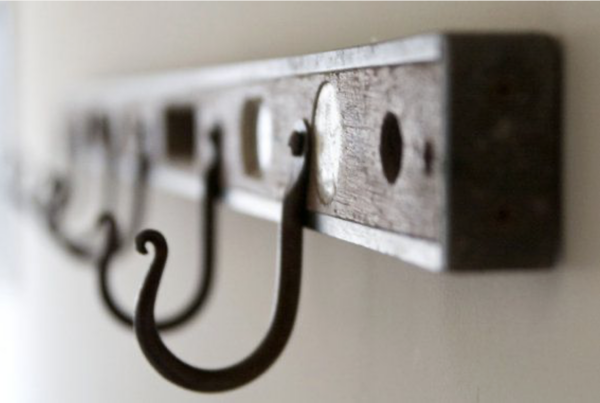Most women I know have had experiences of being devastated because of feedback they’ve received. Watching this week’s comments on the SuperBowl halftime performances, I’m reminded of how we’ve made women – and particularly women of color – a kind of canvas for our judgements, our evaluations, our pronouncements. That act involves deep objectification of women – and both men and women do it.
For the past ten years, I’ve been working with women around coping with, navigating and healing from feedback – in settings ranging from corporate boardrooms to artists’ studios. The steps I recommend for any feedback situation are:
1. REFRAME the feedback: The feedback doesn’t tell you any facts about you; it tells you something about the perspective of the person giving the feedback. Reframe the feedback as information about them. What does this tell you about their priorities or preferences?
2. Is the feedback truly RELEVANT? Women forget to ask this, and instead feel they have to incorporate all feedback. We need to ask: is this feedback essential to incorporate in order to achieve my goals? Those goals might include professional ones (like getting work published) or personal ones (like a loving relationship with family members.) If the feedback is not truly relevant to your aims, you have permission to not attend to it.
3. REVISE your approach. If your answer to #2 is yes, then you can think about how you can revise your approach to work with/relate to this person more effectively, now that you know more about their needs and perspective. Going back to #1, the feedback isn’t a verdict on how you measure up – it just tells you how to be more impactful in your relationship with them.
If you want more on this, check out the Playing Big book chapter on Unhooking from Praise and Criticism, or join an upcoming session of our Playing Big online course.
Love,
Tara
Above image by Josh Berquist







